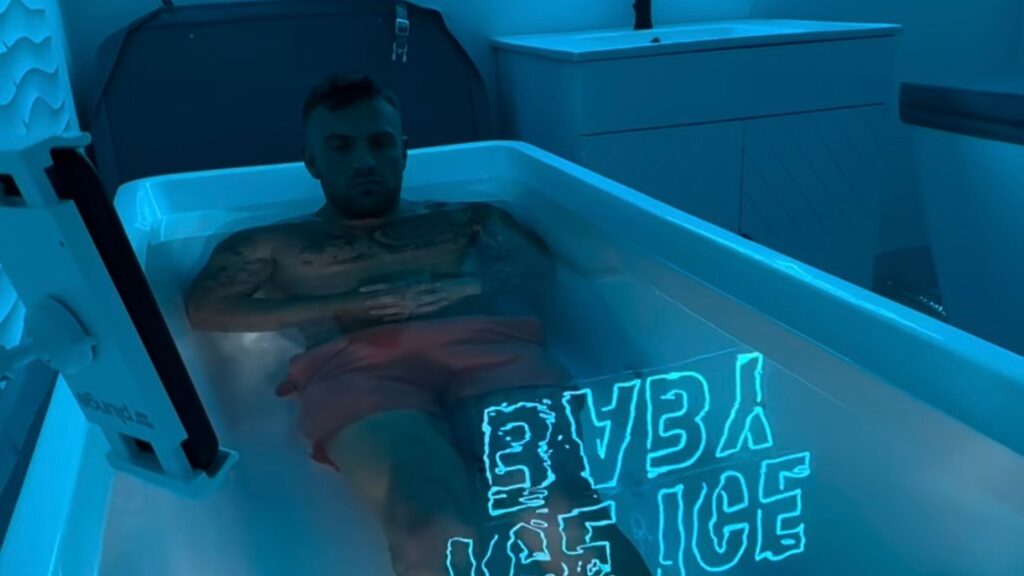From Burnout to Balance: How Fitness and Recovery Improve Mental Health
In today’s hectic world, fitness and recovery are essential tools for improving both mental and physical well-being. Here’s how they can help you achieve a perfect balance:
The Role of Fitness in Mental Health
Physical exercise offers significant mental health benefits:
- Boosts mood: Releases endorphins, reduces stress and anxiety.
- Improves sleep: Routine workouts enhance sleep quality and combat insomnia.
- Builds community: Group classes, like at CrossFit Oconee, reduce loneliness and foster supportive connections.
- Strengthens resilience: Challenges in workouts build mental toughness and confidence that translate into your everyday life.

The Importance of Recovery
Recovery helps your mind and body recharge:
- Relieves stress: Saunas and red light therapy at Oconee Recovery Bar lower cortisol levels.
- Promotes relaxation: Cold plunges soothe both physical and emotional tension.
- Restores clarity: Hyperbaric oxygen therapy enhances focus and reduces mental fatigue.
- Prevents burnout: Scheduled recovery helps maintain long-term mental and physical health.

The Fitness-Recovery Connection
Combining fitness and recovery is key to sustainable well-being:
- Balances intensity: Intense training is complemented by effective recovery techniques.
- Enhances adaptation: Recovery allows your body and mind to process and grow from physical challenges.
- Reduces injury risk: Recovery mitigates overtraining, keeping you active and engaged.
- Builds mindfulness: Together, they encourage awareness of your physical and mental limits.

If burnout is creeping in, try the perfect combo: a CrossFit Oconee workout paired with Recovery sessions at Oconee Recovery Bar. The journey to balance starts here!
